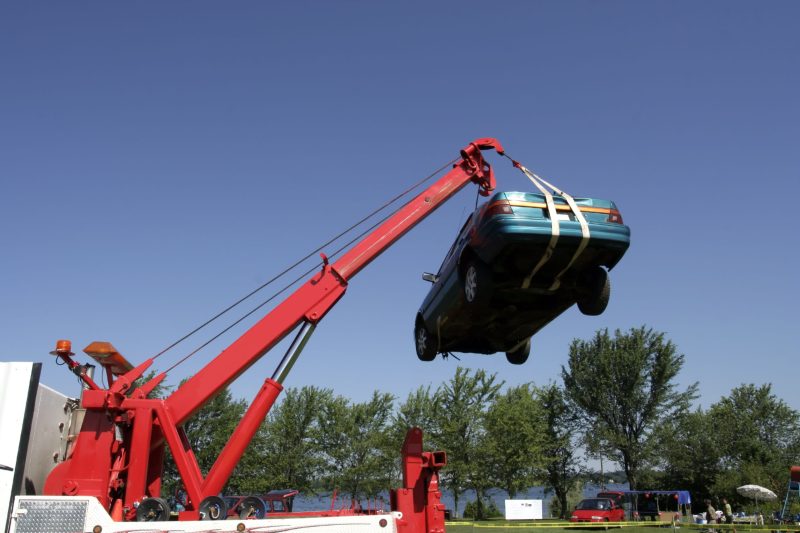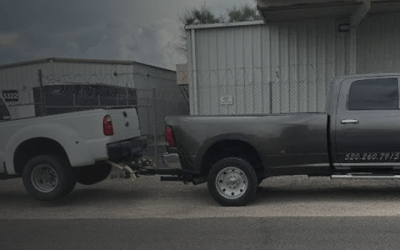Few accessories are more important to have when embarking on an RV vacation. Whether you’re a seasoned traveler or starting on your first RV adventure, these little but powerful devices ensure that your vehicle connects effortlessly to various power sources at different campsites and charging points. RV adapters are crucial for a relaxing vacation, allowing you to power critical equipment while remaining safe on your journey.
The Function of Adapters in Power Compatibility
When you arrive at a campsite, one of the first things you do is connect your RV to a power source. However, the voltage and amperage of power outlets at different locations may fluctuate, necessitating the use of an adapter to ensure that your RV’s plug is compatible with the available power connection. Adapters connect your RV’s electrical system to the campsite’s power source, converting the plug type and providing a safe connection.
Most RVs come with a 30-amp or 50-amp plug, depending on the model and power requirements. Occasionally, campgrounds offer only 15- or 20-amp residential outlets, but typically they provide 30- or 50-amp service. If your RV plug does not match the existing outlet, an adaptor is required. A 50-amp RV converter, for example, will connect a 50-amp plug to a 30-amp outlet, allowing your RV to continue to use electricity, albeit with some limits.
Selecting the Ideal RV Adapter for Your Needs
Not all adapters are the same, so understanding your RV’s electrical system and power requirements is critical. When choosing an adapter, it is critical to understand the amperage of your RV and the outlets available at the locations you visit. For instance, if your RV has a 50-amp system, you must have a 50-to-30-amp adaptor for sites that only offer 30-amp power. “Dogbone” adapters, for example, are popular because of their flexibility and durability, allowing for easier connection while putting less strain on your cords. “Pigtail” adapters are another popular type, with a short cord that reduces direct pressure on the plug. Whatever type you choose, be sure the adapter is made of high-quality materials that can resist wear and tear along with the changing weather you’ll encounter while traveling.
Ensure the Safe Use of Adapters on the Road
One of the most important things to remember is never to overload your electrical system by consuming more power than the outlet can handle. Avoid using high-power appliances, such as air conditioners and microwaves, at the same time since they can quickly exhaust the available amperage. Regular inspection of your RV adapters is required for safe and reliable operation. Before connecting, check the adapter and plug for signs of wear, corrosion, or damage. An adapter may require replacement if it exhibits cracks, exposed wires, or melted plastic. Using a faulty adapter might lead to overheating and fire hazards. Proper storage is also important—when not in use, keep adapters in a dry, safe place to avoid moisture damage and extend their life.


